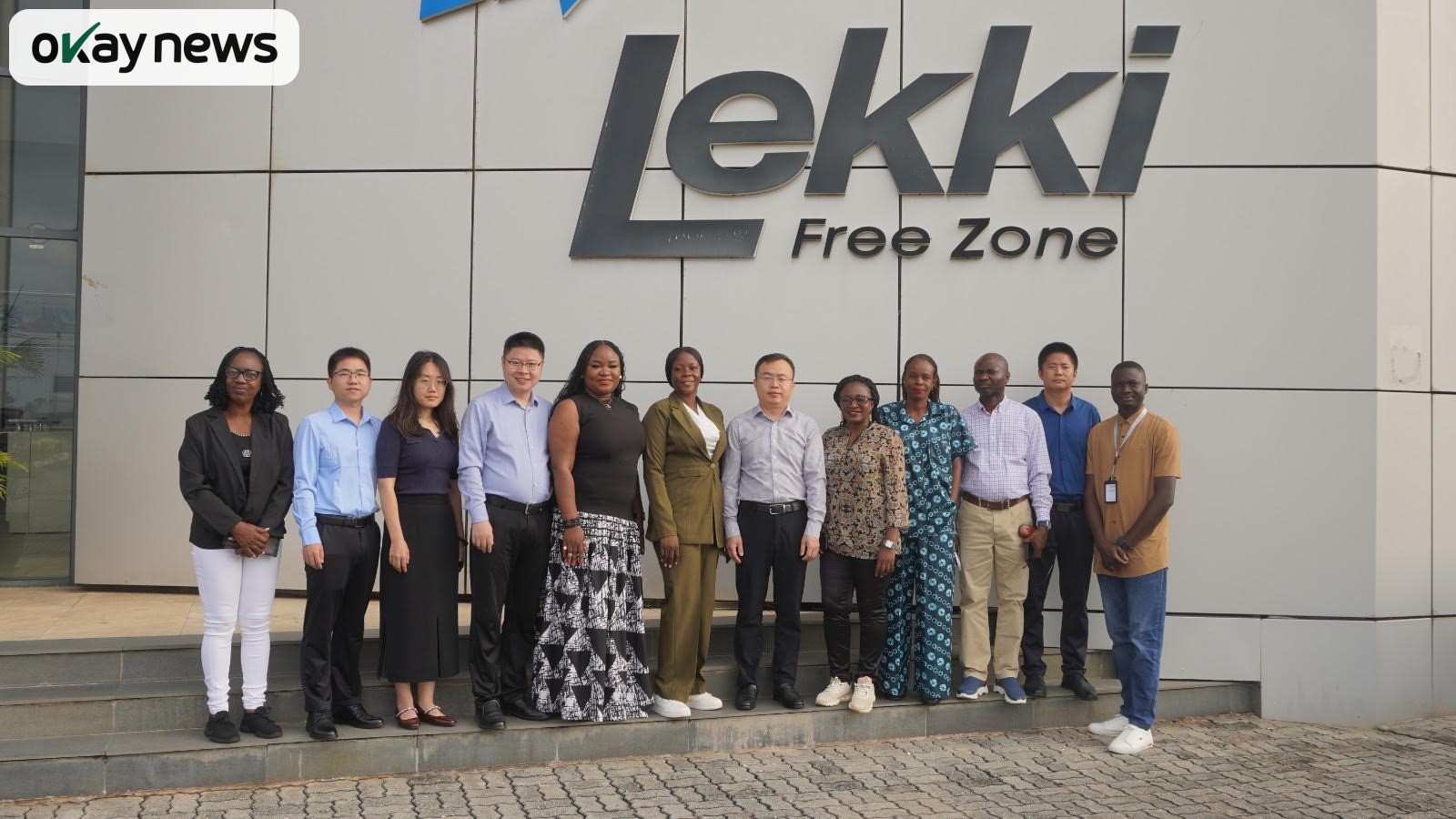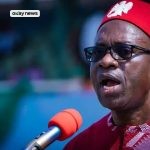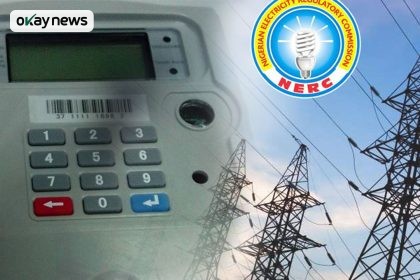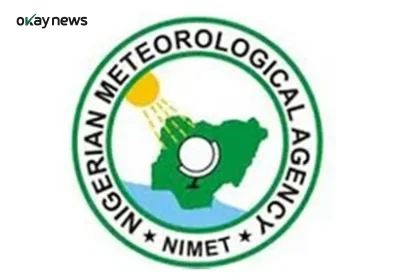The Managing Director of the Lekki Free Zone Development Company (LFZDC), Dai Shunfa, has identified misinformation and negative perceptions about Nigeria as the biggest obstacles to attracting foreign investment into the Lekki Free Zone.
Speaking during a media tour in Lagos, Dai emphasized that persistent rumours about insecurity have created a damaging image of Nigeria abroad, deterring potential investors from countries like China, Dubai, and across Asia and Africa.
“In the world, outside Nigeria, people believe we have kidnapping and killings every day. This kind of rumour leaves a very bad image,” Dai said. He stressed that despite being in the zone for nearly two decades, he has never witnessed such incidents, adding, “Every country has its problems. Nigeria is not different. The country is safe.”
Dai expressed concern that these misconceptions are undermining efforts to market the zone and attract flagship enterprises. He also pointed to recent legislative changes—particularly the Tax Reform Bill passed by the National Assembly—as a source of uncertainty for investors. While the bill aims to boost government revenue and encourage exports, Dai noted that it has altered many of the preferential policies that previously made the zone attractive.
He explained that most free zone enterprises currently sell their products domestically, which benefits the economy by offering high-quality goods at affordable prices. However, efforts to expand exports face significant hurdles. For instance, companies exporting to ECOWAS countries are not eligible for regional tax incentives. Additionally, the certificate of origin issued by NEPZA is not recognized internationally, with foreign markets preferring documentation from NACCIMA.
These challenges, Dai said, must be addressed to unlock the full potential of the Lekki Free Zone and position Nigeria as a competitive global trade destination. He called for coordinated government action to improve policy clarity, enhance export facilitation, and counter negative narratives about Nigeria’s business environment.







